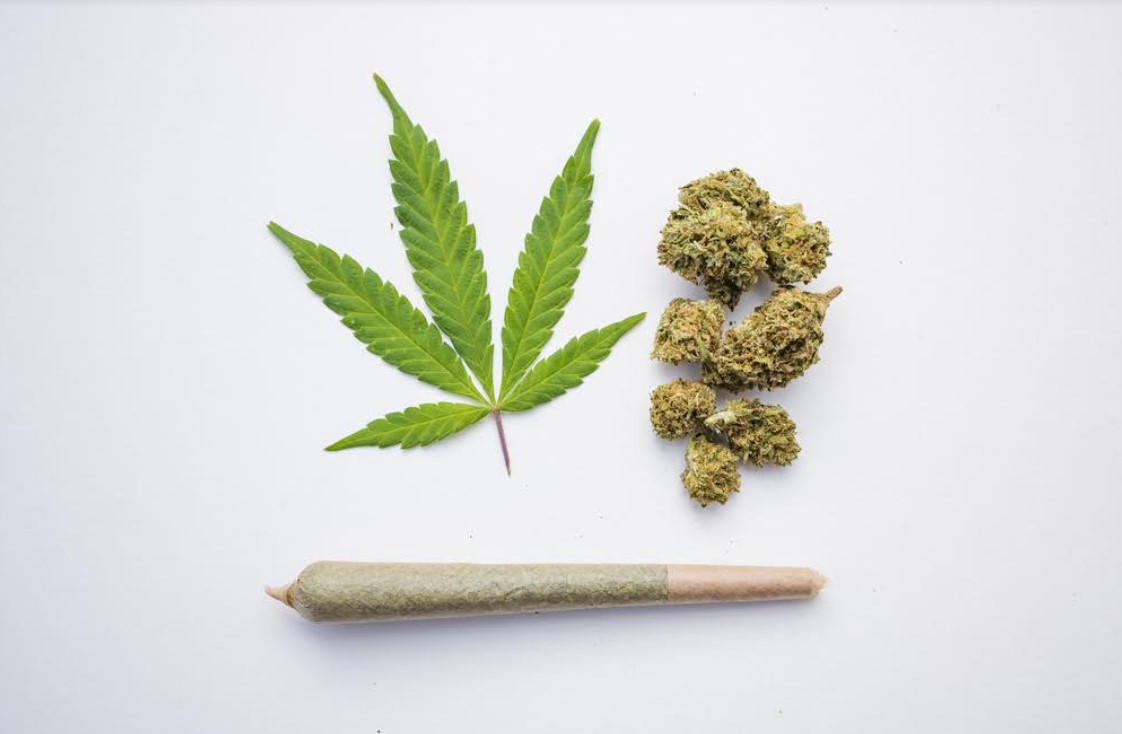
Patients paying a visit to the Deseret Wellness medical cannabis pharmacy in Park City, UT must be prepared to pay for their purchases out-of-pocket. Neither private nor public health insurance will pay for it. There are a whole host of reasons, some of which could simply disappear if lawmakers on the other side of the country have their way.
A group of New York legislators want to force public health insurance plans in the Empire State to cover medical cannabis purchases. They believe it is unethical to force patients who cannot afford medical cannabis to either give up their medications or buy cheaper products on the black market.
Should the lawmakers get a bill passed and signed into law, it will almost certainly be litigated. Still, former Sen. Diane Savino continues to defend a bill she introduced in 2022 as being necessary. She is on record as saying that “some state is going to have to force this issue.” She believes New York is that state.
The Problem in a Nutshell
So what’s the problem here? In a nutshell, private and public insurance carriers will not cover medical cannabis due to marijuana’s status as a Schedule I controlled substance. Public insurance programs, especially Medicare and Medicaid, cannot pay for medical cannabis without running afoul of federal regulations. As for private insurance carriers, they tend to follow whatever policies CMS establishes for Medicare.
Without insurance coverage, patients are left with uncomfortable choices. They can pay high prices at a medical cannabis pharmacy, purchase cheaper marijuana on the street, or simply go without. Only the worst off choose the third option. Most who cannot afford legal medical cannabis are content to buy black market marijuana at a lower price.
Making Cannabis a Prescription Drug
Savino’s bill essentially does an end-around on public health policy by deeming medical cannabis a prescription drug. Note the word ‘deeming’. It implies that medical cannabis would become a prescription drug just because New York lawmakers say it is. The fact that federal law would still prohibit doctors from writing actual prescriptions is a non-factor.
Deeming medical cannabis a prescription drug would be yet another affront to federal law. The question is whether Washington would continue turning a blind eye to states that persist in thumbing their legislative noses at Uncle Sam.
To date, Washington has shown no willingness to go after states choosing to legalize medical and recreational cannabis. Would that change if states start pulling public health insurance programs into the mix? Possibly. It is one thing for federal officials to ignore state-legal marijuana as a substance to otherwise control. It’s another thing to use federal money to pay for it.
State and Federal Insurance Funds
While there are exceptions to the rule, most public health insurance programs are at least partially funded with federal dollars. Take Medicaid. It is administered at the state level. However, funding is provided by both Washington and the individual states. Forcing Medicaid to cover medical cannabis would mean putting federal dollars toward a substance that is still illegal.
Give Savino credit for trying to force the issue. The more this sort of thing happens, the more likely Congress will simply throw up its hands and either reschedule or decriminalize cannabis altogether. That is the ultimate goal, by the way: decriminalize and turn control over to the states in much the same way alcohol is regulated.
It will be interesting to see what New York does here. If they do successfully force the issue, it will only be a matter of time before other states follow.


